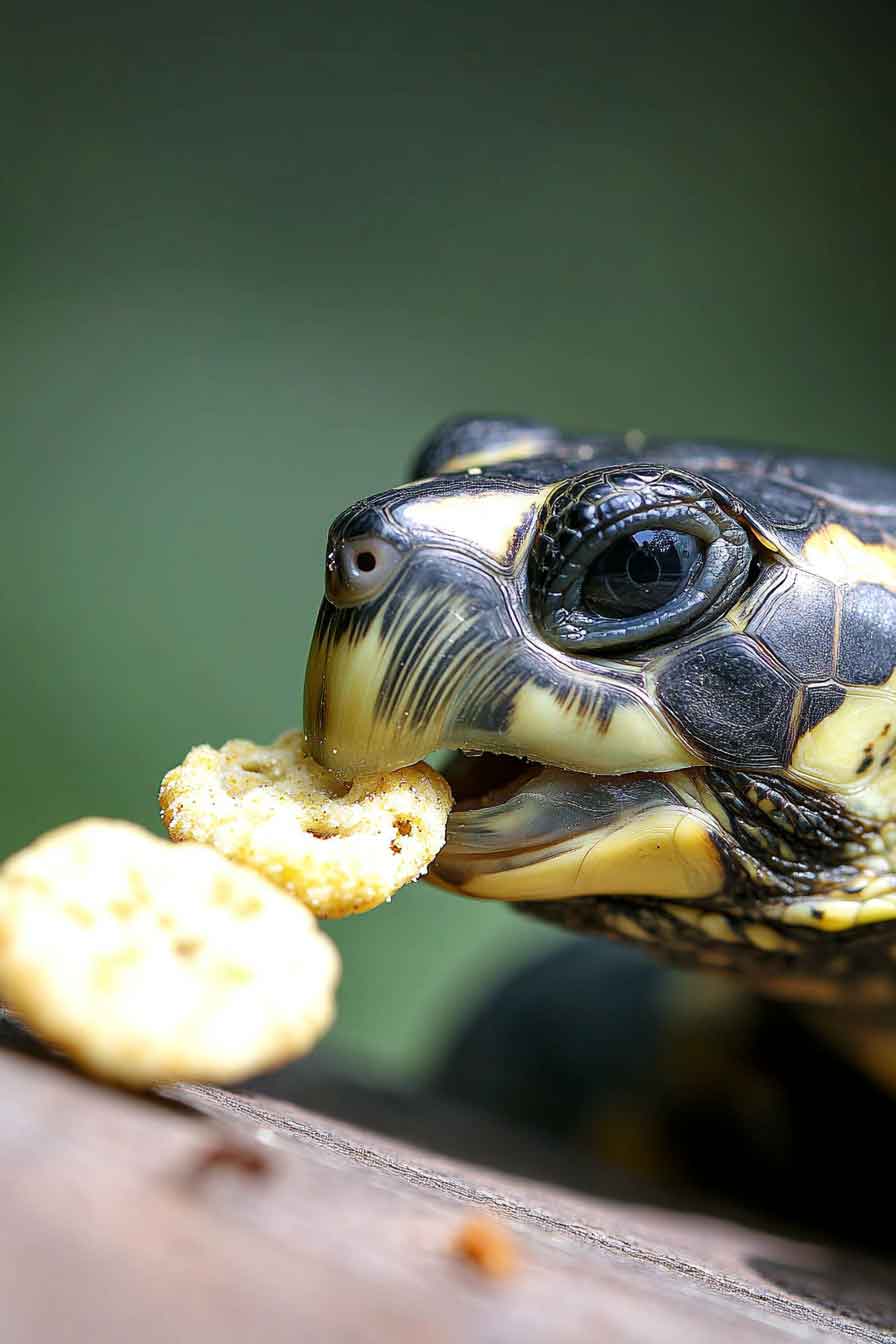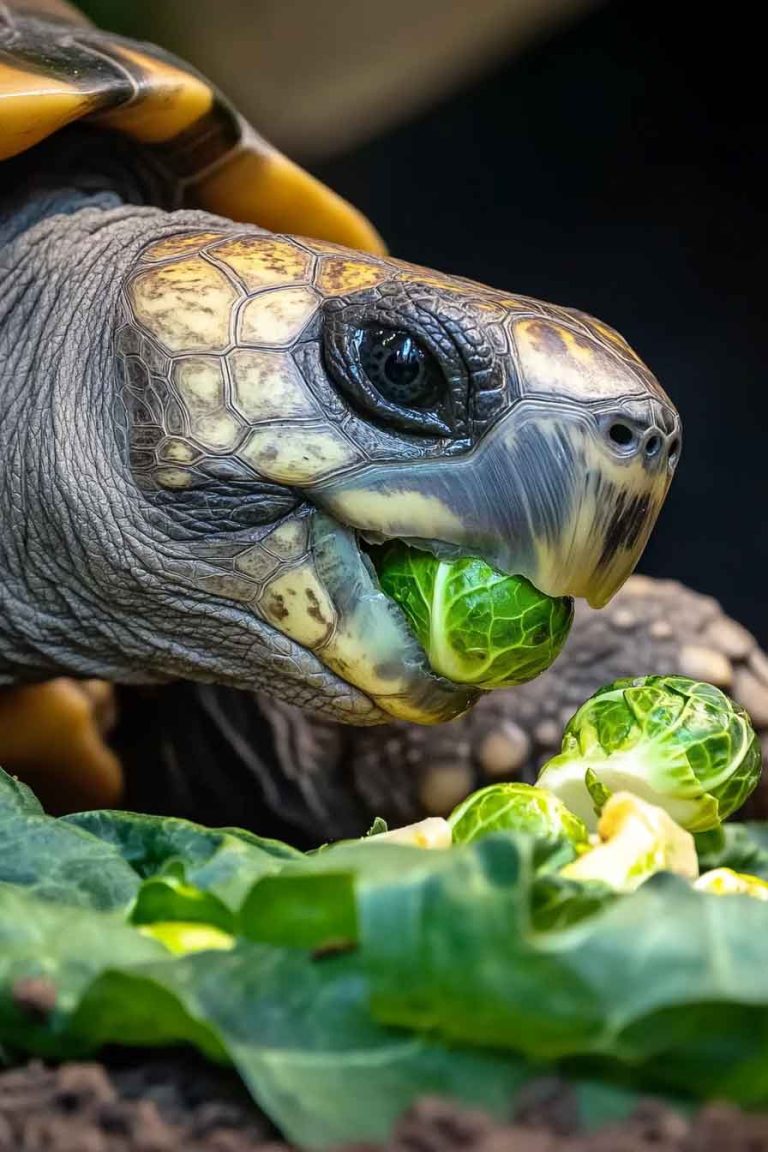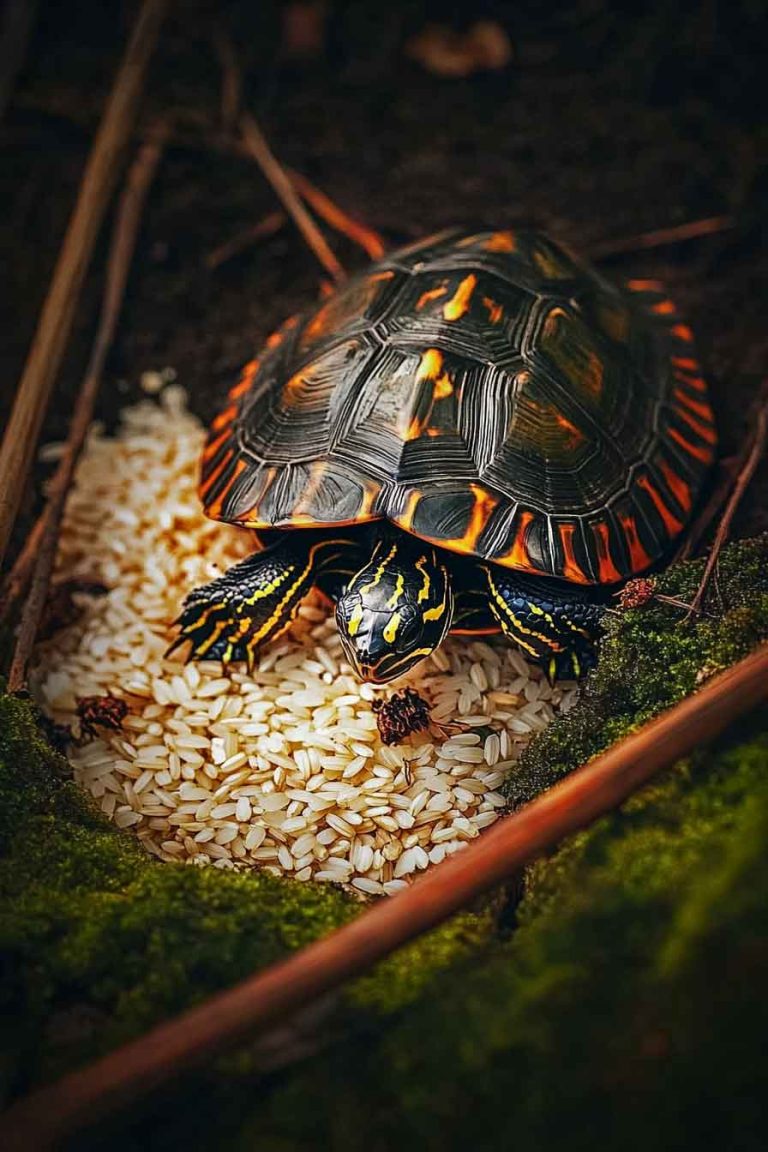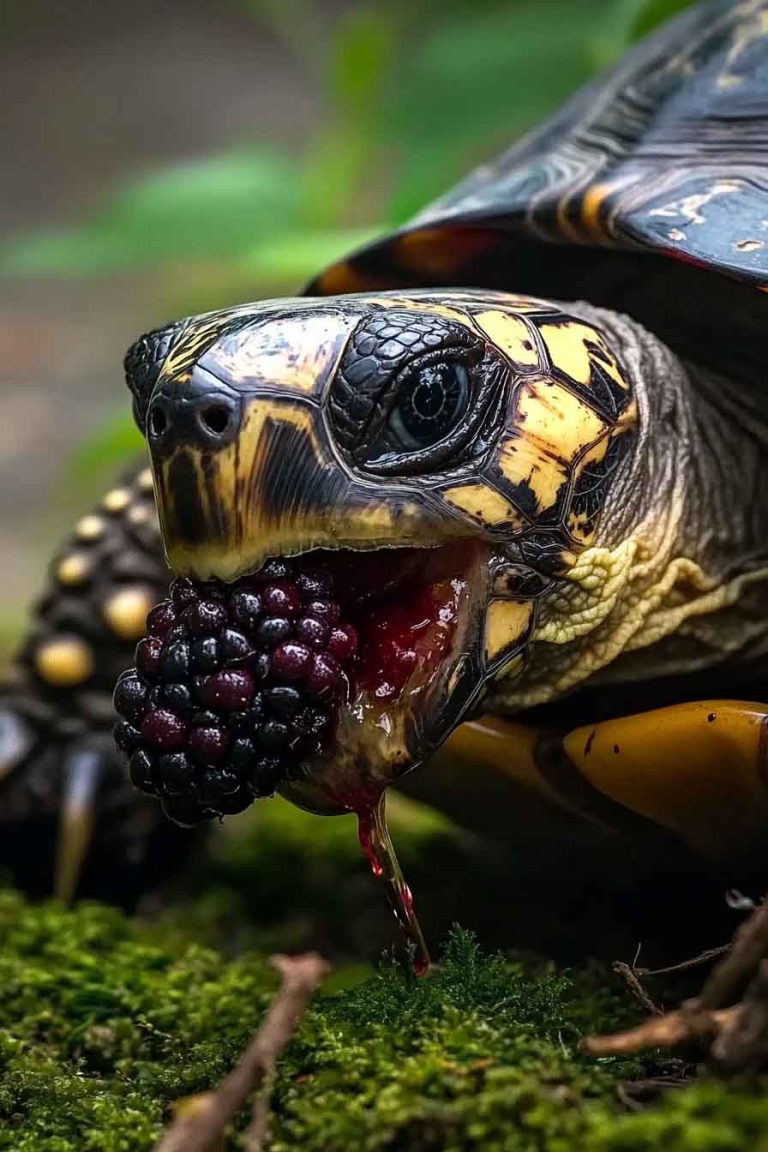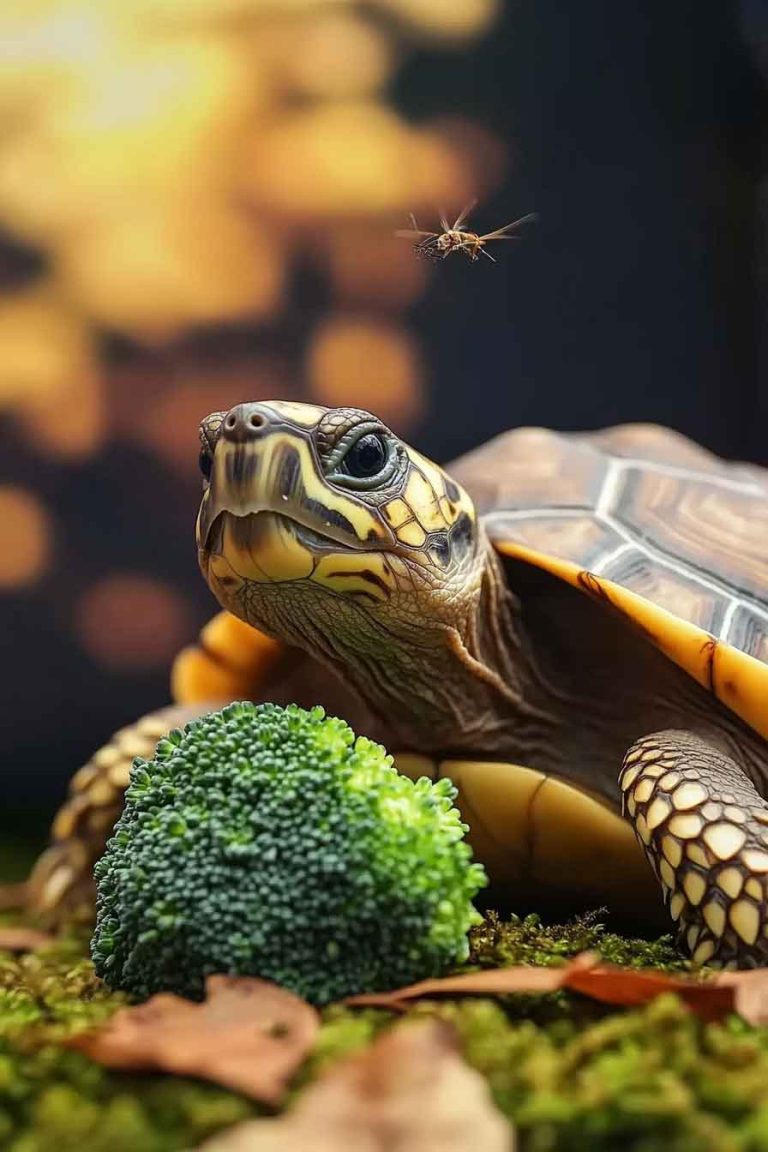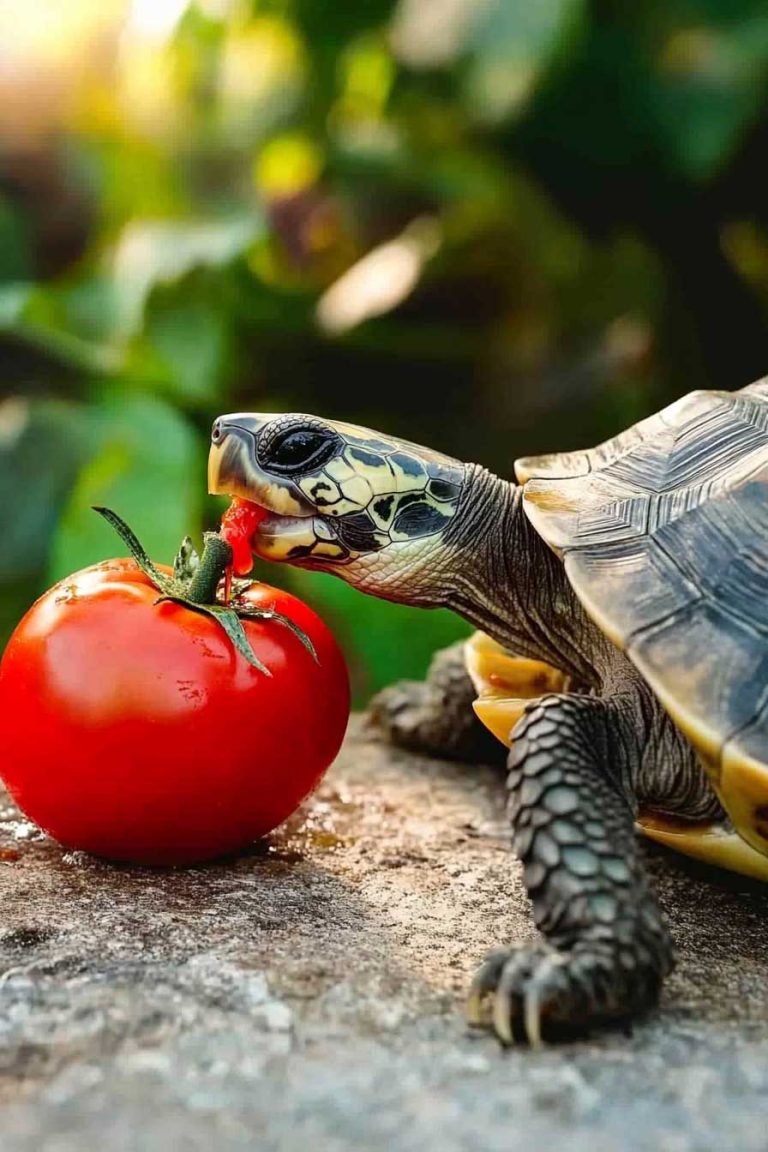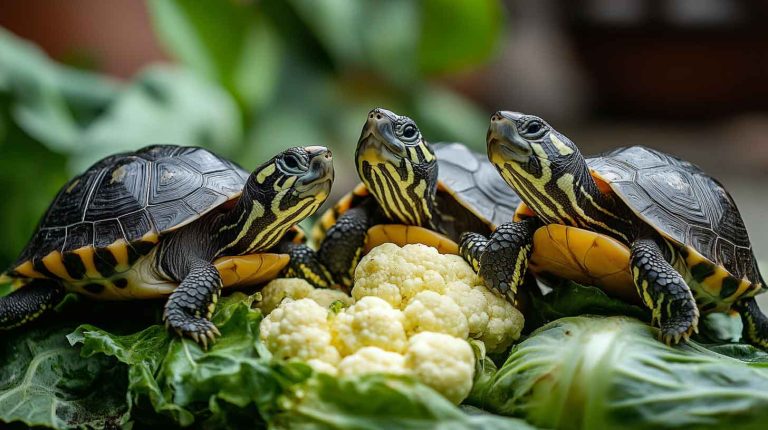Can Cheerios Harm Your Turtle? Here’s What You Need to Know
If you’re a turtle owner like me, you’ve probably caught yourself wondering whether you can share some of your favorite human snacks with your shelled companion. One question I encounter frequently in my veterinary practice is whether turtles can safely eat Cheerios. It’s understandable – these little O-shaped cereals seem harmless enough, and many pet…
If you’re a turtle owner like me, you’ve probably caught yourself wondering whether you can share some of your favorite human snacks with your shelled companion. One question I encounter frequently in my veterinary practice is whether turtles can safely eat Cheerios. It’s understandable – these little O-shaped cereals seem harmless enough, and many pet owners want to offer their turtles something different from their usual diet.
So, can turtles eat Cheerios? The short answer is no – turtles should not eat Cheerios. While Cheerios aren’t immediately toxic like some foods, they contain processed ingredients, added sugars, and artificial additives that can cause serious digestive issues and long-term health problems for turtles. Their sensitive digestive systems simply aren’t designed to process human breakfast cereals.
In this comprehensive guide, I’ll explain exactly why Cheerios are problematic for turtles, what happens if your turtle accidentally eats them, and what healthy alternatives you can offer instead. Keep reading to learn how to keep your turtle safe and well-nourished.
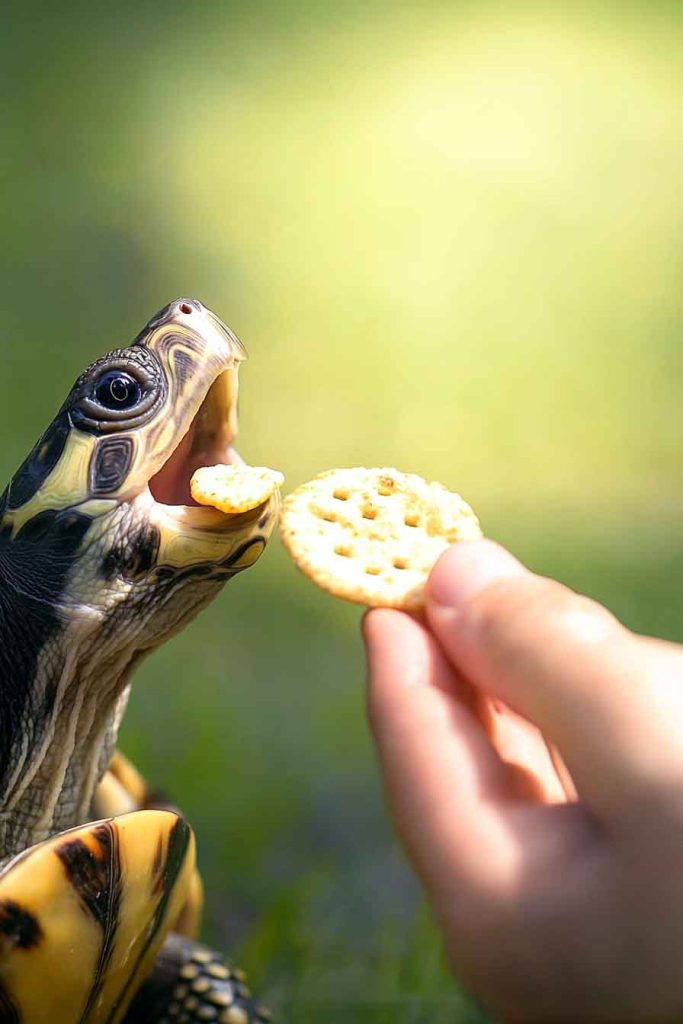
Can You Feed Cheerios To Your Pet Turtle?
Absolutely not. As a veterinarian who has treated countless turtles over the years, I strongly advise against feeding Cheerios to any turtle species. While they might seem like a harmless treat, Cheerios pose several significant health risks to your turtle.
Let me break down the nutritional content of a typical serving of Cheerios (1 cup, about 28 grams) so you can understand why they’re problematic:
- Carbohydrates: 20.5 g
- Sugar: 1.2 g (plus added sweeteners)
- Protein: 3 g
- Sodium: 140 mg
- Iron: 8.1 mg
- Calcium: 100 mg
- Phosphorus: 100 mg
- Vitamin C: 9 mg
- Various artificial preservatives and additives
The problems become clear when you analyze this content from a turtle’s perspective. Turtles have evolved to digest natural, whole foods – not processed cereals with artificial ingredients.
The high carbohydrate content alone is concerning. Turtles don’t require significant amounts of processed carbohydrates, and their digestive systems struggle to break down these complex processed starches. This can lead to fermentation in the gut, causing gas, bloating, and digestive upset.
The sodium content is particularly alarming. Turtles have very low sodium requirements, and the 140mg found in just one cup of Cheerios far exceeds what’s healthy for them. Excessive sodium can lead to kidney problems, shell deformities, and cardiovascular issues.
Do Turtles Like Cheerios?
From my clinical experience, turtles may initially show interest in Cheerios because of their curiosity about new objects in their environment. However, this interest doesn’t mean the food is appropriate for them.
I’ve observed that turtles often investigate unfamiliar items by attempting to bite or taste them. This natural behavior can be mistaken for preference or enjoyment, but it’s simply exploratory behavior. Many turtle owners have told me their pets seemed to “enjoy” Cheerios, but what they were actually witnessing was normal investigative behavior, not genuine food preference.
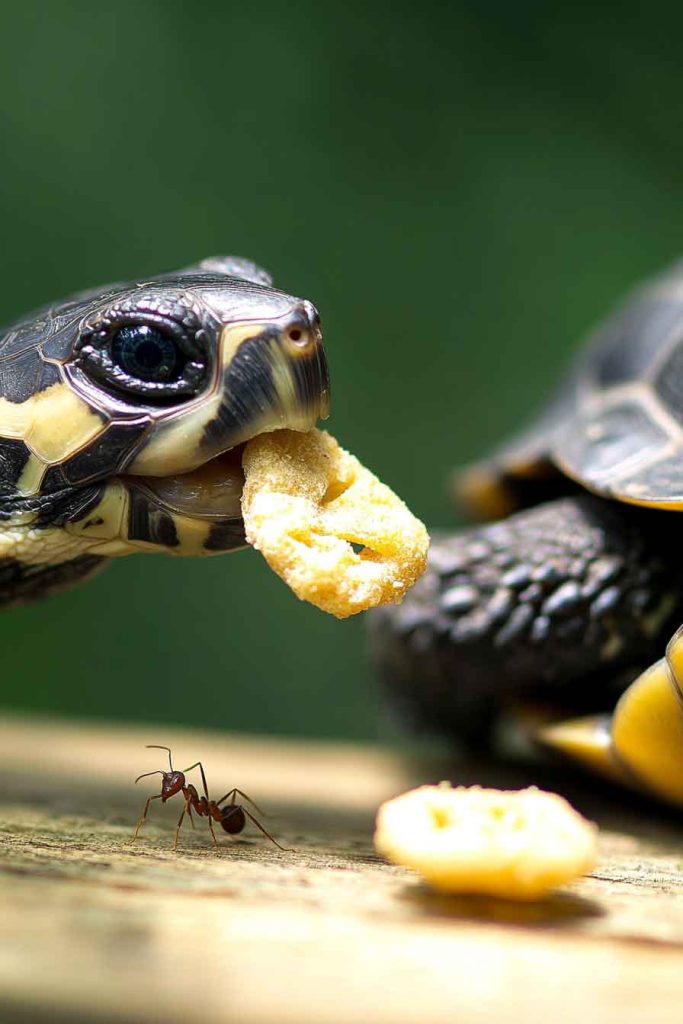
Health Risks of Turtles Eating Cheerios
In my years of veterinary practice, I’ve treated numerous turtles suffering from complications related to inappropriate diets, including processed human foods like cereals. Let me share the specific health risks I’ve observed.
Digestive Disorders
Cheerios contain processed grains, artificial preservatives, and additives that turtles cannot properly digest. I’ve seen cases where turtles developed severe gastrointestinal upset, including vomiting, diarrhea, and intestinal blockages after consuming processed cereals.
The high carbohydrate content can disrupt the natural balance of bacteria in a turtle’s digestive system, leading to harmful bacterial overgrowth and fermentation. This process produces gas and toxins that can cause significant discomfort and health complications.
Metabolic Issues
The artificial sugars and sweeteners in Cheerios can disrupt a turtle’s natural metabolism. Turtles aren’t equipped to process these refined sugars, which can lead to dangerous spikes in blood glucose levels and potentially contribute to metabolic disorders over time.
Sodium Toxicity
One of the most serious concerns I have about feeding Cheerios to turtles is sodium toxicity. Turtles require very minimal sodium in their diets, and the levels found in processed cereals can quickly become toxic.
Excessive sodium intake can cause:
- Kidney damage and dysfunction
- Dehydration despite adequate water access
- Shell growth abnormalities
- Cardiovascular stress
- Electrolyte imbalances that can be life-threatening
Nutritional Imbalance
Cheerios lack the proper calcium-to-phosphorus ratio that turtles need. While they contain both minerals, they’re often in forms that aren’t easily absorbed by reptiles. More importantly, filling up on Cheerios means your turtle isn’t eating the nutrient-dense foods they actually need.
Artificial Additive Toxicity
Many commercial cereals contain artificial colors, flavors, and preservatives that can be toxic to reptiles. Turtles’ livers aren’t equipped to process these synthetic chemicals, which can accumulate over time and cause organ damage.
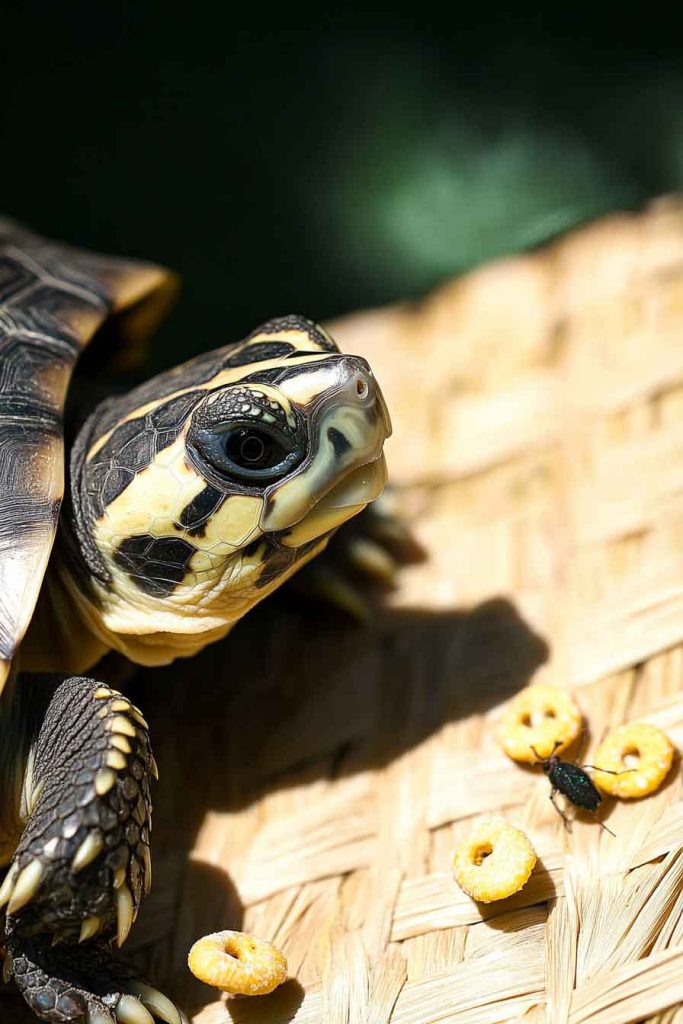
How Much Cheerios Should Turtles Eat?
The answer is simple: zero. There is no safe amount of Cheerios for turtles to consume. Even small quantities can cause digestive upset and contribute to long-term health problems.
I’ve had concerned turtle owners ask me about “just a few pieces” or “occasional treats,” but I always explain that there’s no safe threshold. The risks I’ve outlined above can occur even with minimal exposure, and the cumulative effects of repeated small exposures can be just as harmful as a single large consumption.
Can You Feed Cheerios to Baby Turtles?
This is absolutely critical – never feed Cheerios to baby turtles under any circumstances. Hatchlings and juvenile turtles are even more sensitive to inappropriate foods than adults, and their developing digestive and metabolic systems can be severely damaged by processed foods.
Baby turtles require very specific nutrition for proper shell development, organ formation, and overall growth. Feeding them processed cereals can cause:
- Severe developmental abnormalities
- Metabolic bone disease
- Growth stunting
- Increased susceptibility to infections and diseases
- Higher mortality rates
Young turtles need high-quality proteins, appropriate calcium-to-phosphorus ratios, and natural vitamins and minerals that support healthy development. Cheerios provide none of these essential nutrients in appropriate forms.
What to Do If Your Turtle Eats Cheerios
If your turtle has accidentally consumed Cheerios, don’t panic, but do take immediate action. Here’s what I recommend based on my clinical experience:
Immediate Steps:
- Remove any remaining Cheerios from the enclosure immediately
- Provide fresh, clean water to help flush the system
- Monitor your turtle closely for signs of distress
- Don’t attempt to induce vomiting – this can cause additional complications
Watch for These Warning Signs:
- Lethargy or unusual inactivity
- Loss of appetite
- Vomiting or regurgitation
- Diarrhea or changes in stool consistency
- Difficulty breathing
- Unusual behavior or apparent discomfort
When to Contact a Veterinarian:
Contact a reptile-experienced veterinarian immediately if you notice any of the warning signs above, or if your turtle consumed a large quantity of Cheerios. Early intervention can prevent serious complications.
Healthy Alternatives to Cheerios
Instead of processed cereals, I recommend these nutritious options that I’ve seen work well for turtles in my practice:
For Aquatic Turtles:
- High-quality commercial turtle pellets
- Fresh leafy greens (collard greens, dandelion leaves, mustard greens)
- Aquatic plants (water hyacinth, water lettuce)
- Small fish or feeder fish
- Earthworms or bloodworms
For Box Turtles:
- Mixed leafy greens
- Squash and sweet potatoes
- Berries (in moderation)
- Insects like crickets or mealworms
- Commercial box turtle pellets
Universal Healthy Treats:
- Calcium-dusted crickets
- Small pieces of squash
- Dandelion flowers and leaves
- Hibiscus flowers
- Commercial turtle treats from reputable brands
Understanding Proper Turtle Nutrition
To help you make better feeding decisions, let me explain what constitutes proper turtle nutrition based on current veterinary understanding.
Aquatic Turtles (Red-eared sliders, Painted turtles, etc.):
Young aquatic turtles should receive about 75% animal protein and 25% plant matter. As they mature, this ratio should shift to about 50% plant matter and 50% animal protein, or even more plant-heavy for some species.
Box Turtles:
These omnivores should receive approximately 50% animal protein and 50% plant matter, with seasonal variations based on natural feeding patterns.
Tortoises:
Most tortoises are primarily herbivorous and should receive 90-95% plant matter with occasional animal protein (this varies by species).
Frequently Asked Questions (FAQs)
Can Box Turtles Eat Cheerios? No, box turtles cannot and should not eat Cheerios. Despite being omnivores with varied diets, box turtles are just as susceptible to the health problems caused by processed foods as other turtle species.
Can Red-Eared Slider Turtles Eat Cheerios? Absolutely not. Red-eared sliders have particularly sensitive digestive systems, and I’ve treated several cases of severe digestive upset in sliders that consumed processed cereals like Cheerios.
Can Painted Turtles Eat Cheerios? No, painted turtles should never eat Cheerios. Their natural diet consists of aquatic plants, small fish, and insects – not processed human breakfast cereals.
Are There Any Cereals Safe for Turtles? No commercial breakfast cereals are appropriate for turtles. All contain processed ingredients, artificial additives, or inappropriate nutrient ratios that can harm turtle health.
What About Organic or “Healthy” Cereals? Even organic or supposedly healthier cereals are inappropriate for turtles. The processing methods and ingredient combinations used in human cereals are fundamentally incompatible with turtle digestive systems.
Can Turtles Eat Other Breakfast Foods? Most human breakfast foods are inappropriate for turtles. Avoid offering things like toast, pancakes, eggs prepared for human consumption, bacon, or any processed breakfast items.
Signs of a Healthy Turtle Diet
To help you evaluate whether your turtle is receiving proper nutrition, here are the signs I look for during wellness examinations:
Physical Indicators:
- Smooth, well-formed shell growth
- Clear, bright eyes
- Active, alert behavior
- Healthy appetite
- Regular, well-formed bowel movements
- Good body weight (not overweight or underweight)
Behavioral Indicators:
- Normal swimming patterns (for aquatic species)
- Appropriate basking behavior
- Regular activity levels
- Normal response to environmental stimuli
Conclusion
Cheerios and other processed human breakfast cereals have no place in a turtle’s diet. The risks far outweigh any perceived benefits, and there are numerous healthy, species-appropriate alternatives available that will keep your turtle thriving.
As a veterinarian, I’ve seen too many cases of turtle health problems directly related to inappropriate diets. By sticking to natural, species-appropriate foods and high-quality commercial turtle diets, you can help ensure your turtle lives a long, healthy life.
Remember, what seems harmless to us can be dangerous to our reptilian friends. When in doubt, always consult with a veterinarian experienced in reptile care before introducing new foods to your turtle’s diet. Your turtle’s health and longevity depend on the nutrition decisions you make today.
I hope this comprehensive guide has helped you understand why Cheerios aren’t suitable for turtles and provided you with better alternatives to keep your shelled companion healthy and happy.

